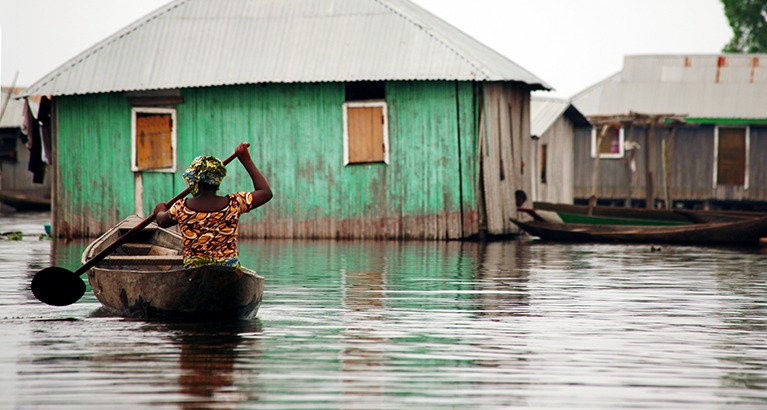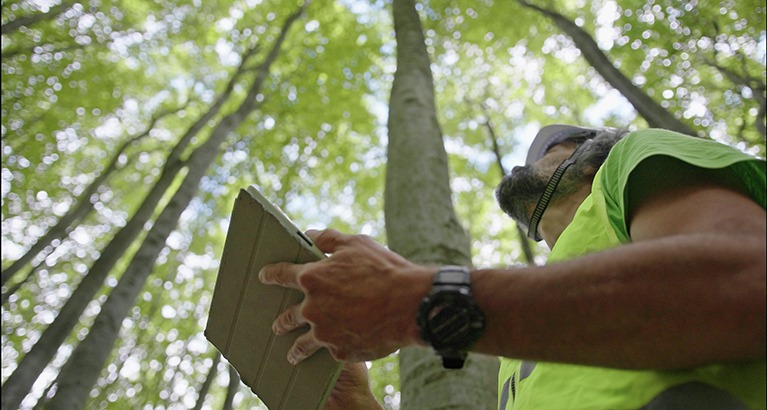Major shortcomings in how society deals with water issues create global climate mobility problems, says a report from BCG (Boston Consulting Group) and the Cambridge Centre for Social Innovation (CCSI) at Cambridge Judge Business School.
The report was discussed at a UK launch event at the Business School on 25 March.
Climate mobility refers to the voluntary or involuntary movement of people due to changes in their environment or living conditions primarily associated with climate change. The report says that most climate mobility is caused by changes in water patterns.
“Like climate mobility, the global water crisis is a wicked problem — one that is especially difficult to solve directly because of its complexity and multiple interdependencies, and because in the past our collective, well-meaning mitigation efforts have all too often had unintended negative consequences,” says the 28-page report, entitled ‘To understand climate mobility, follow the water’.
6 water-related natural hazards affect climate mobility
Changes in the availability and quality of water will have the greatest effect on climate mobility, says the report, with the largest problems caused by 6 water-related natural hazards: droughts, floods, storms, wildfires, extreme hot and cold temperatures, and landslides caused by storms and floods.
“In 2022, storms, floods, and droughts caused 99% of internal disaster-related displacements. From 2018 to 2022, flood-related displacements increased by 123%,” says the report, which was co-authored by Neil Stott, Management Practice Professor of Social Innovation at Cambridge Judge, who is Co-Director of the CCSI and Director of the Master of Studies in Social Innovation programme.
The report reflects an earlier research paper on climate mobility from the CCSI’s Peaceshaping and Climate Lab, written by Sophie Harbour and Dr Michelle Darlington.
BCG is delighted to be partnering with CCSI on this report. It highlights the critical need to change how we value water to achieve more effective resilience outcomes. Social innovation will become a strategic enabler in help us adapt to a changing climate.
Report identifies ways to improve water management
Among the major shortcomings in water management pinpointed in the report are:
- water management is a challenge that many of us recognise as important but few of us act on
- we ‘fiddle at the margins’ through small-scale solutions, so results don’t match the scale of the problem
- we manage water with outdated solutions and infrastructure
The report identifies what it refers to as ‘grains of hope’ that may correct some of these shortcomings, including targets now being set by some companies for water impact and an international water pricing protocol outlined by the World Trade Organization (WTO).
“No one anywhere in the world is truly safe from changes in water patterns as a result of climate change,” the report concludes. “In short, climate mobility is everyone’s problem.”
This report advocates for proactive approaches to building both social resilience and water resilience. These approaches are fundamental to addressing the challenges posed by climate change. It also demonstrates how the academic and practitioner worlds can work together to produce research that is useful and accessible while also considered and thoughtful, helping ensure that efforts to address climate change are evidence-based.
Cambridge Centre for Social Innovation
The Cambridge Centre for Social Innovation (CCSI) is one of the research centres at Cambridge Judge Business School. The centre builds best practices across business, civil society, policy and academia for a more sustainable world.
Featured research
Kurth, T., Muruven, D., Balzarolo, A., Clemens, E., Skalli, L. Huysamer, J., Netsianda, F., Stott, N. and Harbour, S. (2024) To understand climate mobility, follow the water. Cambridge: BCG and the Cambridge Centre for Social Innovation.
Harbour, S. and Darlington, M. (Ed.) (2024) “Climate mobilities: understanding the climate-environment-mobility nexus”. Cambridge Peaceshaping & Climate Lab publications Working Papers Cambridge: Cambridge Centre for Social Innovation.







